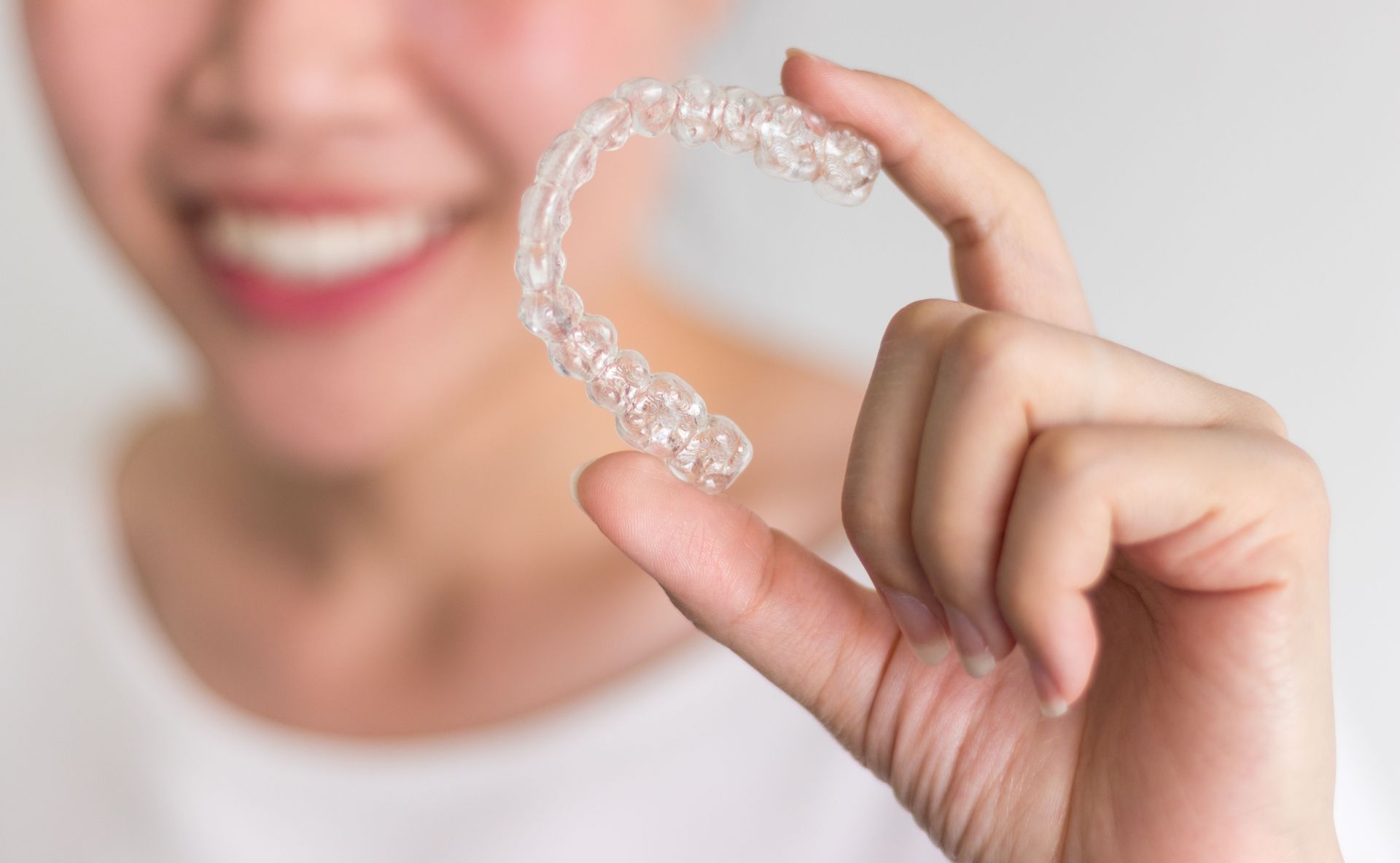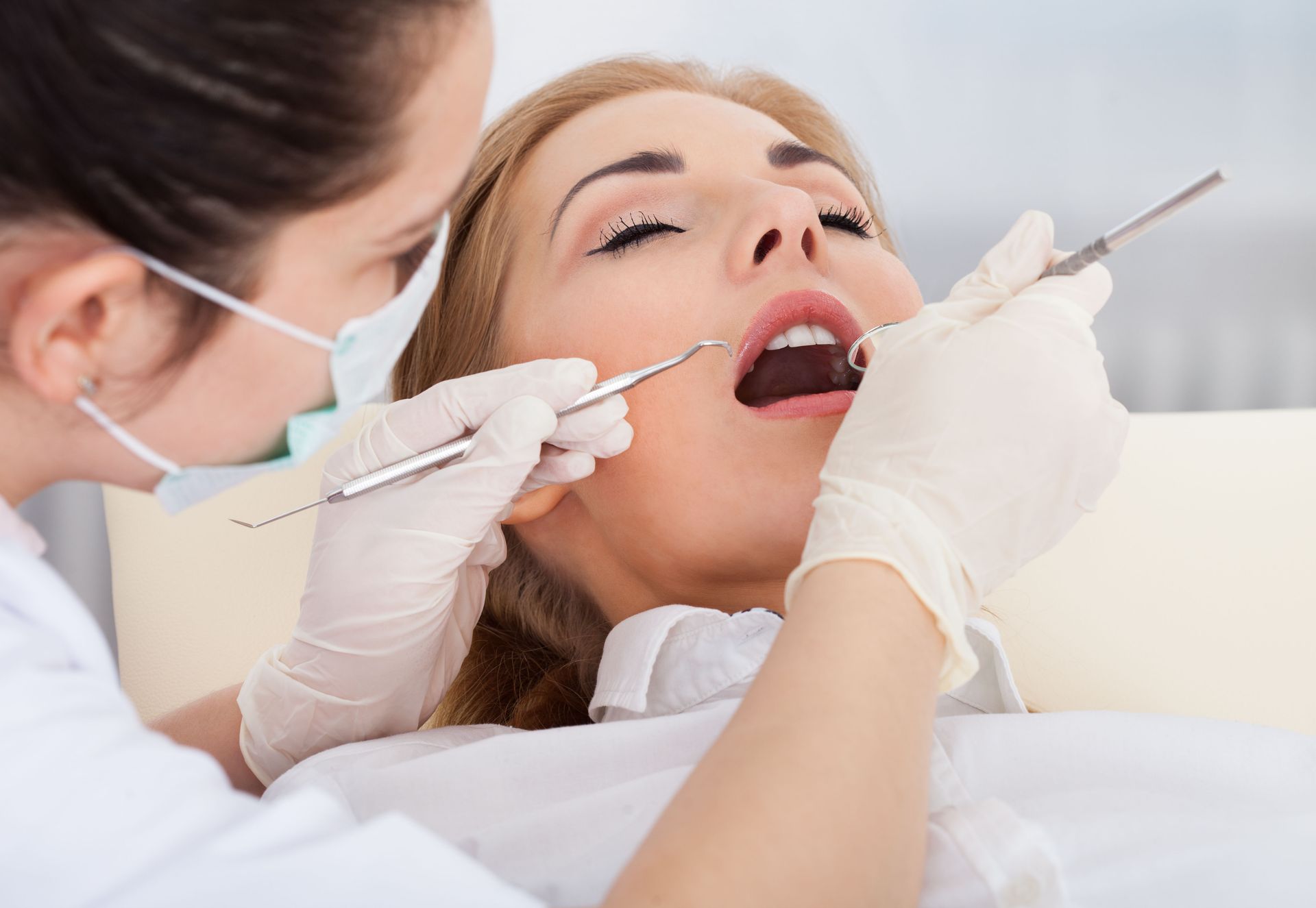Exploring Common Dental Issues Seen By Family Dentists
Dental health is a fundamental part of overall wellness, but many people overlook it until an issue arises. Family dentists provide crucial care for patients of all ages, addressing a wide spectrum of oral health concerns. From routine cleanings to emergency procedures, their work helps individuals maintain healthy, functional smiles. Understanding the most common dental issues they treat can empower patients to take preventative action.
This blog explores several of the most frequently encountered dental problems: tooth decay, gum disease, bad breath, tooth sensitivity, misaligned teeth, and dental emergencies. For each issue, we’ll examine symptoms, causes, preventative measures, and treatment options. Whether you’re a parent, a senior, or somewhere in between, staying informed about these topics can support your long-term oral health.
Tooth Decay
Tooth decay, or dental caries, develops when bacteria in the mouth metabolize sugars and produce acids that break down enamel. This erosion leads to cavities, pain, and eventually more serious dental complications if not addressed promptly. With 90% of adults having untreated cavities, according to the National Institute of Dental and Craniofacial Research, it's important to understand that diets high in sugar, poor brushing habits, and infrequent dental visits all contribute to this prevalence.
Symptoms include sensitivity, pain, and visible pits in the teeth. Early-stage decay may go unnoticed, which is why routine checkups are essential. Family dentists use visual exams and X-rays to detect early lesions and monitor changes over time.
Preventing decay requires a strong daily oral hygiene routine, including brushing with fluoride toothpaste, flossing, and reducing sugar intake. Dentists often apply fluoride treatments or dental sealants to help reinforce enamel and protect hard-to-reach areas. For treatment, dentists may use fillings, crowns, or in severe cases, root canal therapy. Catching tooth decay early reduces the need for invasive procedures and preserves tooth structure.
Gum Disease
Gum disease, or periodontal disease, ranges from mild gingivitis to advanced periodontitis. Gingivitis causes redness, swelling, and bleeding gums. If left untreated, it can progress to periodontitis, where the bone and tissues supporting teeth deteriorate, possibly leading to tooth loss.
The primary cause of gum disease is plaque buildup. Contributing factors include tobacco use, genetic predisposition, diabetes, and poor dental hygiene. Symptoms to watch for include bleeding gums, persistent bad breath, gum recession, and loose teeth.
Prevention includes brushing and flossing daily, quitting smoking, and seeing a dentist regularly. Dental cleanings remove plaque and tartar that at-home care can't eliminate. Family dentists might also recommend antibacterial rinses or periodontal maintenance appointments. Treatment varies from non-invasive cleanings to scaling and root planing. In some cases, surgical interventions like flap surgery or bone grafts are needed. Early detection and treatment are vital to stop the disease from worsening.
Bad Breath
Bad breath, or halitosis, is a common complaint with many underlying causes. Often, poor oral hygiene leads to bacterial buildup, especially on the tongue. Other contributors include dry mouth, certain foods, and underlying health conditions like GERD or sinus infections.
Persistent halitosis can be socially distressing, causing embarrassment or avoidance of close conversations. Self-diagnosing bad breath can be difficult, so talking to your dentist is a good starting point. They can help rule out oral causes or refer you to a physician if needed.
Preventive strategies include brushing and flossing thoroughly, cleaning the tongue, drinking plenty of water, and avoiding tobacco products. Regular dental visits allow professionals to clean hard-to-reach areas and spot issues like decay or gum disease that may contribute to halitosis. If oral hygiene isn’t the root of the problem, treatment may involve addressing other dental conditions or referring the patient to another healthcare provider for further evaluation.
Tooth Sensitivity
Tooth sensitivity causes sharp, sudden pain when teeth are exposed to hot, cold, sweet, or acidic substances. It's commonly linked to enamel erosion or exposed roots, which can happen from overbrushing, gum recession, or grinding teeth at night.
Patients may describe their pain as brief but intense, often triggered by specific stimuli. Dentists can confirm sensitivity by examining enamel thickness, looking for exposed dentin, and asking about lifestyle habits like diet or brushing technique.
Prevention includes using a soft-bristled toothbrush, brushing gently, avoiding acidic foods, and using toothpaste designed for sensitive teeth. Nightguards can protect against grinding, a common cause of sensitivity. Treatment options range from desensitizing toothpaste to fluoride applications, bonding agents, or even root canal therapy in severe cases. Family dentists recommend plans based on the underlying causes and severity of symptoms.
Misaligned Teeth
Misaligned teeth, or malocclusion, affect the appearance and function of a person’s bite. Common signs include crowding, gaps, overbites, underbites, and open bites. Misalignment can cause difficulties with chewing, speaking, and oral hygiene.
Genetics often determine alignment, but factors like thumb sucking, prolonged pacifier use, or early tooth loss can also play a role. Regular dental checkups during childhood are critical for catching early signs and initiating appropriate interventions.
When left untreated, misaligned teeth can contribute to uneven wear, jaw pain, TMJ disorders, and increased risk of decay and gum disease due to cleaning difficulties. Treatment often involves orthodontics, such as braces or clear aligners. In some cases, corrective jaw surgery may be necessary. Family dentists work closely with orthodontists to create individualized treatment plans tailored to the patient’s age and dental development.
Dental Emergencies
Dental emergencies range from cracked or knocked-out teeth to sudden severe pain or swelling. Common causes include sports injuries, accidents, or untreated decay and infection. Prompt care is essential to avoid complications and save the tooth when possible.
Typical emergencies include abscesses, fractured teeth, broken restorations, or trauma. If a tooth is knocked out, gently rinsing and replanting it within the socket—or keeping it moist in milk—can preserve it until you reach the dentist.
Prevention includes wearing mouthguards during contact sports, avoiding chewing on hard objects, and maintaining regular dental care to catch problems early before they escalate. Family dentists often reserve time for same-day emergency appointments. They also guide patients through first-aid steps over the phone to reduce damage and improve the outcome of treatment. Long-term management may involve follow-up restorations, root canals, or orthodontic care depending on the nature of the injury.
Tooth Grinding
Bruxism, or tooth grinding, is a condition where individuals clench or grind their teeth—often unconsciously during sleep. This habit can lead to worn-down enamel, jaw discomfort, headaches, and cracked or chipped teeth. Family dentists frequently identify the signs of bruxism during routine checkups, even when patients are unaware of the condition.
The causes of bruxism can vary, including stress, anxiety, sleep disorders, or bite alignment issues. In some cases, it may be linked to lifestyle factors like caffeine or alcohol consumption. Symptoms include jaw soreness upon waking, tooth sensitivity, or noticing flattened tooth surfaces.
Early intervention helps prevent long-term damage. Dentists may recommend custom nightguards to protect teeth while sleeping, stress-reduction techniques, or adjustments to bite alignment. In severe cases, restorative work may be necessary to repair damaged teeth. Ongoing monitoring by family dentists helps track progression and tailor treatment for lasting relief.
Through education and regular dental visits, patients can stay proactive about their oral hygiene and address these dental issues with care. Your dentist is your ally in keeping your teeth strong, your gums healthy, and your smile bright for years to come. Proven Dental has been delivering excellent family dental care in Waukesha and the surrounding areas since 2004. Get in touch with us today to schedule an appointment!







Share On: